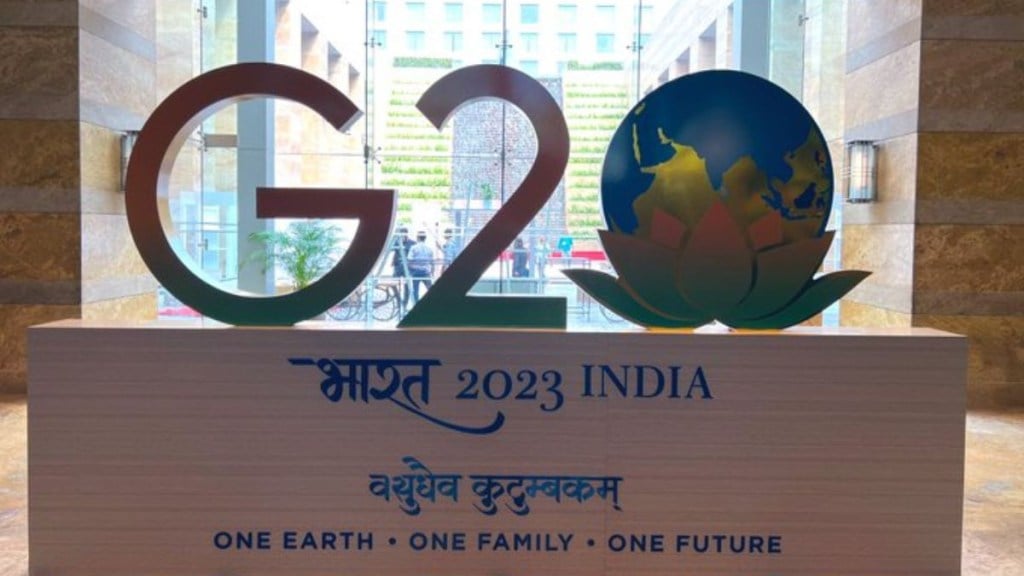India is heading the group of 19 most powerful countries and the European Union at a time when the Russia-Ukraine war and the covid-19 pandemic have shattered the global economy. The world’s largest democracy now has the opportunity to bring together global leaders and resolve economy-related issues but the road ahead is full of challenges. The G20 members represent around 85% of the global GDP, over 75% of the global trade, and about two-thirds of the world population. India will host over 200 meetings in over 50 cities across 32 different work streams over the course of the year.
Challenges to India’s G20 presidency
Russia-Ukraine war
India has diplomatically managed to take a neutral stance on the Russia-Ukraine issue without attracting any sanctions from the West. While the country has provided humanitarian aid to Ukraine, it’s still buying cheap crude oil, steel, fertilisers and other materials from Russia. India has been working closely with the US and its allies with Washington offering hi-tech defence technologies at discounts, making Russia nervous about losing its traditional partner ‘India’. Now, bringing Russia and other global powers to the table and together finding a solution is the biggest challenge for India. Though the Russia-Ukraine war is a security issue, which doesn’t come under the agendas of G20, but due to the supply chain constraints, the global economy has suffered from the war, which makes it significant for the G20 members to discuss this issue.
Reducing gap between Global South and North
India has emerged as the voice of the global south in recent years. The gap between developed and developing countries needs to be bridged as the Russia-Ukraine war and the Covid-19 pandemic have hit the already struggling economies hard. The global south’s primary needs are capital, technology and capacity building to address issues of underdevelopment, poverty and climate change. India now has the challenge of bringing together the leaders of both the global south and the global north, reducing the gap, so issues can be resolved more efficiently.
Tackling climate change
Climate change has affected millions of people. Both developing and developed countries need to cut carbon emissions to find a solution. While the former needs to focus urgently on the issue of climate change and reduce emissions, the latter must provide financial assistance and expertise so emerging countries could mitigate the effects of climate change. The challenge of building a consensus between the first and the third world on climate change lies ahead for India.

